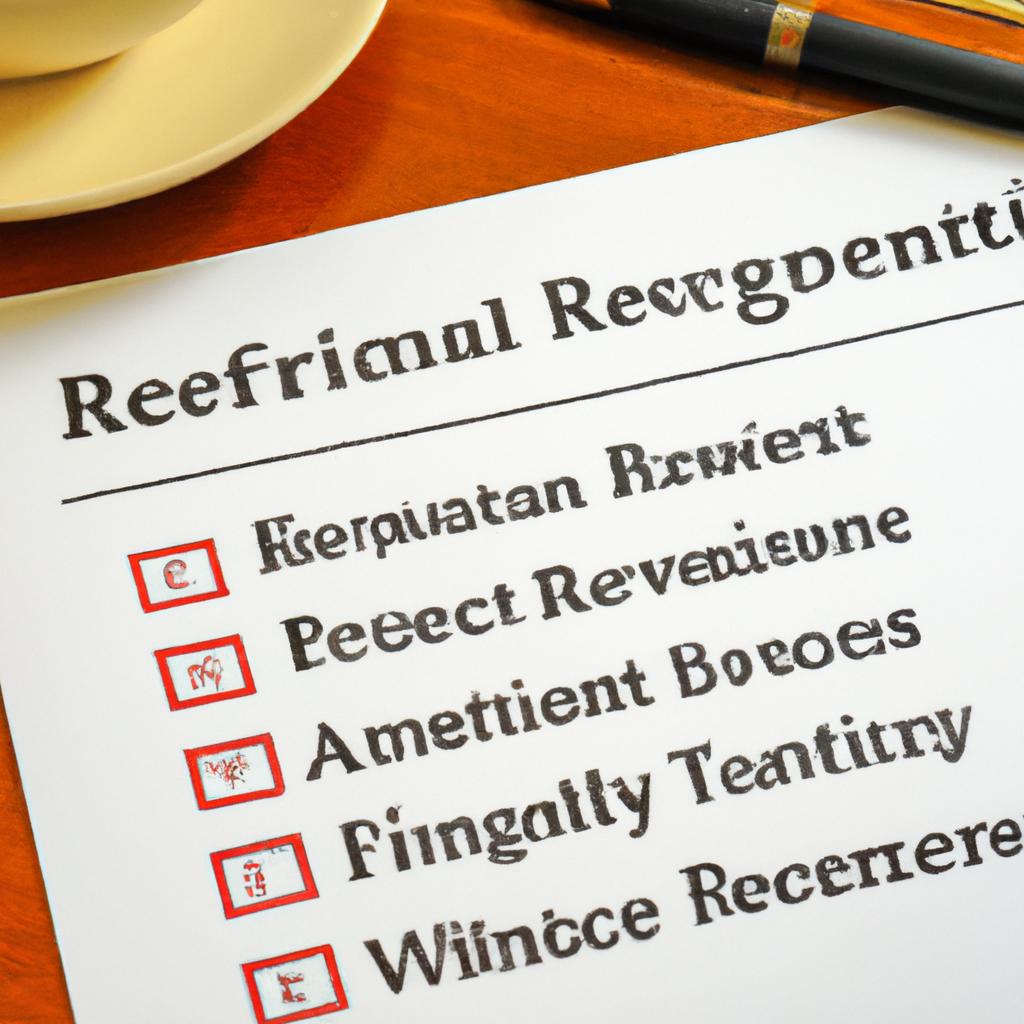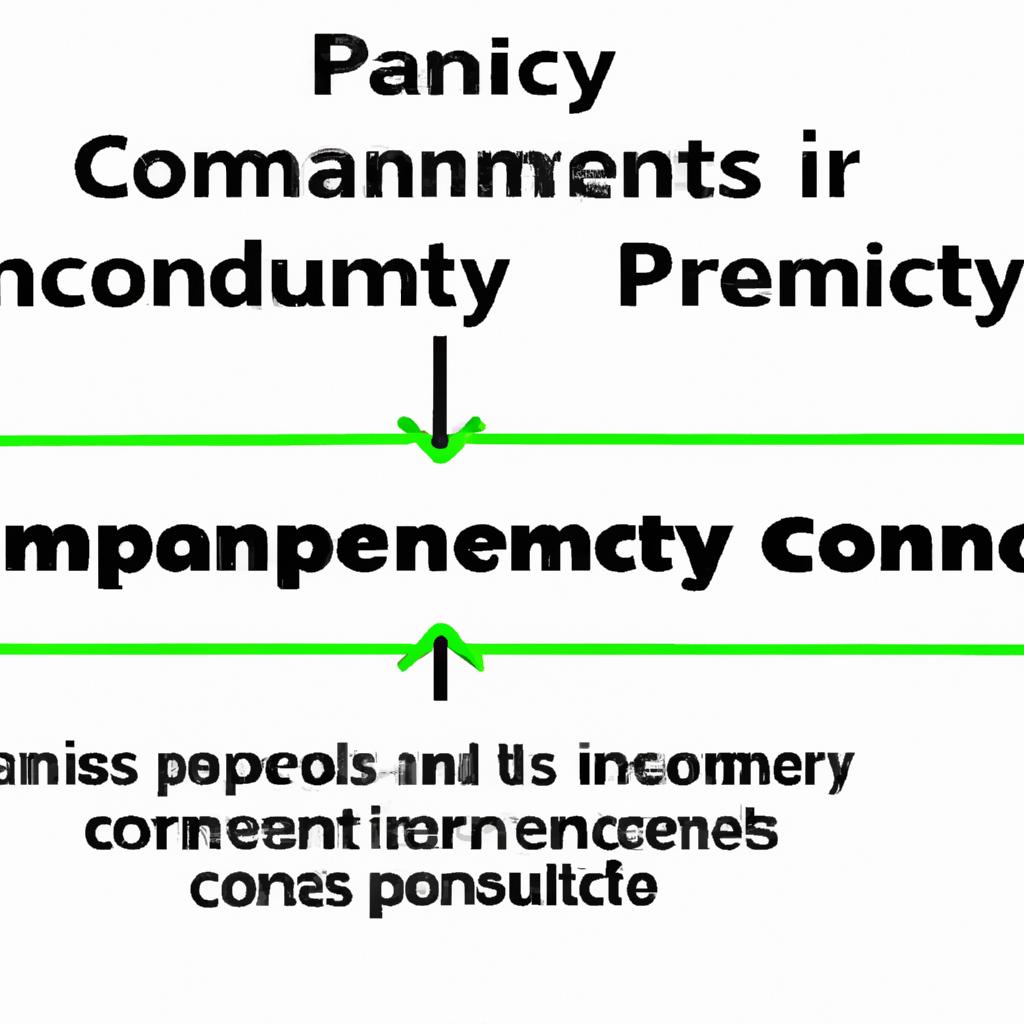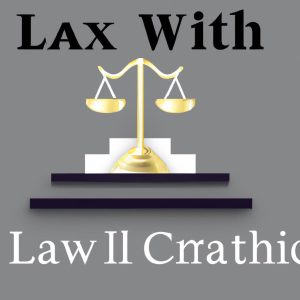When crafting the intricate tapestry of your estate plan, selecting beneficiaries for your retirement accounts is a critical decision that requires careful consideration. As seasoned guardians of the law, we at Morgan Legal Group understand the weight of this choice and the implications it may have on your loved ones. From navigating tax implications to ensuring a seamless transfer of assets, the process of naming beneficiaries demands a keen eye for detail and a strategic approach. Join us as we delve into the nuances of this strategic decision-making process, shedding light on the key factors that must be considered to protect your assets and secure the future of those you hold dear.
Key Factors to Consider When Selecting Beneficiaries for Retirement Accounts
When selecting beneficiaries for your retirement accounts, there are several key factors that must be carefully considered to ensure your wishes are accurately reflected. One crucial aspect to contemplate is the relationship between the beneficiary and yourself. This is important because certain individuals, such as spouses or minor children, may have specific legal rights to your retirement assets. It is essential to consult with a knowledgeable attorney to understand how these relationships may impact your beneficiary designations.
Another vital consideration is the potential tax implications for your beneficiaries. Different types of retirement accounts, such as traditional IRAs or Roth IRAs, may have varying tax consequences for heirs. By designating beneficiaries strategically, you can help reduce the tax burden for your loved ones. Additionally, it is essential to review and update your beneficiary designations regularly, especially after major life events such as marriage, divorce, or the birth of a child. By proactively managing your retirement account beneficiaries, you can ensure that your assets are distributed according to your wishes.
Understanding the Impact of Naming Primary Versus Contingent Beneficiaries
When it comes to naming beneficiaries for retirement accounts, one crucial consideration is . Primary beneficiaries are the individuals who will receive the funds from your retirement account upon your passing. It is essential to carefully select these individuals, as they will directly benefit from the account. Contingent beneficiaries, on the other hand, are the individuals who will receive the funds if the primary beneficiaries are unable to do so.
When deciding who to name as primary and contingent beneficiaries for your retirement accounts, it is important to consider the following factors:
- Relationships: Consider your relationship with potential beneficiaries and how they may be impacted by receiving the funds.
- Financial Situation: Take into account the financial needs of your beneficiaries and how the funds may affect their financial stability.
- Estate Planning Goals: Align your beneficiary choices with your overall estate planning goals to ensure that your wishes are carried out effectively.

Navigating Complexities with Multiple Beneficiaries and Designations
When designating beneficiaries for your retirement accounts, it is crucial to carefully consider the complexities that may arise with multiple beneficiaries and designations. One key factor to keep in mind is the impact of the designated beneficiaries on the distribution of your assets upon your passing. It is essential to understand how your choices will affect the beneficiaries’ tax obligations, as well as any potential conflicts that may arise between them.
To navigate these complexities effectively, it is advisable to consult with a knowledgeable estate planning attorney who can provide expert guidance tailored to your specific situation. It is important to review and update your beneficiary designations regularly to ensure that they align with your current wishes and circumstances. Additionally, establishing a clear and comprehensive estate plan that addresses potential issues with multiple beneficiaries can help prevent disputes and ensure a smooth distribution of assets according to your wishes. Trusts can also be a useful tool for managing complex beneficiary arrangements and ensuring that your assets are distributed in a manner that is consistent with your wishes and best interests.
| Beneficiary Designation | Impact on Distribution |
|---|---|
| Individual Beneficiary | No immediate impact on distribution |
| Multiple Beneficiaries | Potential for conflicts and tax implications |
| Trust as Beneficiary | Controlled distribution according to terms of the trust |

Strategic Considerations for Naming Trusts as Beneficiaries for Retirement Accounts
When selecting beneficiaries for your retirement accounts, it is crucial to consider the long-term implications of your choices. One strategic consideration to keep in mind is the use of trusts as beneficiaries. Trusts offer a layer of protection and control over how your assets are distributed, ensuring that your wishes are carried out exactly as you intended.
By naming a trust as a beneficiary for your retirement accounts, you can also potentially minimize taxes and protect your assets from creditors. Additionally, trusts allow for flexibility in how funds are distributed to beneficiaries, enabling you to tailor your estate plan to best suit the needs of your loved ones. It is essential to work closely with an experienced estate planning attorney to ensure that your trust is structured properly and aligns with your overall estate planning goals.
Q&A
Q: Why is it important to name beneficiaries for retirement accounts?
A: Naming beneficiaries ensures that your assets are distributed according to your wishes and can help avoid costly disputes and delays.
Q: Who can be named as a beneficiary for a retirement account?
A: You can name individuals, such as family members or friends, as well as organizations or charities as beneficiaries for your retirement accounts.
Q: What factors should I consider when naming beneficiaries for my retirement accounts?
A: Consider the relationship between the beneficiary and yourself, their financial situation, their age, and any potential tax implications when naming beneficiaries for your retirement accounts.
Q: Can I change my beneficiaries after I have named them?
A: Yes, you can update your beneficiaries at any time by filling out a new beneficiary designation form with your retirement account provider.
Q: What happens if I don’t name a beneficiary for my retirement account?
A: If you do not name a beneficiary for your retirement account, the assets will likely be distributed according to the default rules set by your retirement account provider.
Q: Are there any special considerations for naming minor children as beneficiaries?
A: If you are naming a minor child as a beneficiary, you may need to establish a trust or custodial account to manage the assets until the child reaches a certain age.
Concluding Remarks
In conclusion, choosing beneficiaries for your retirement accounts is a crucial decision that should not be taken lightly. It is important to consider factors such as relationship dynamics, tax implications, and the impact on your overall estate plan. By taking the time to carefully review and select your beneficiaries, you can ensure that your hard-earned savings are passed on exactly as you intended. Remember, the choices you make now can have a lasting impact on your loved ones’ financial future. Choose wisely.





